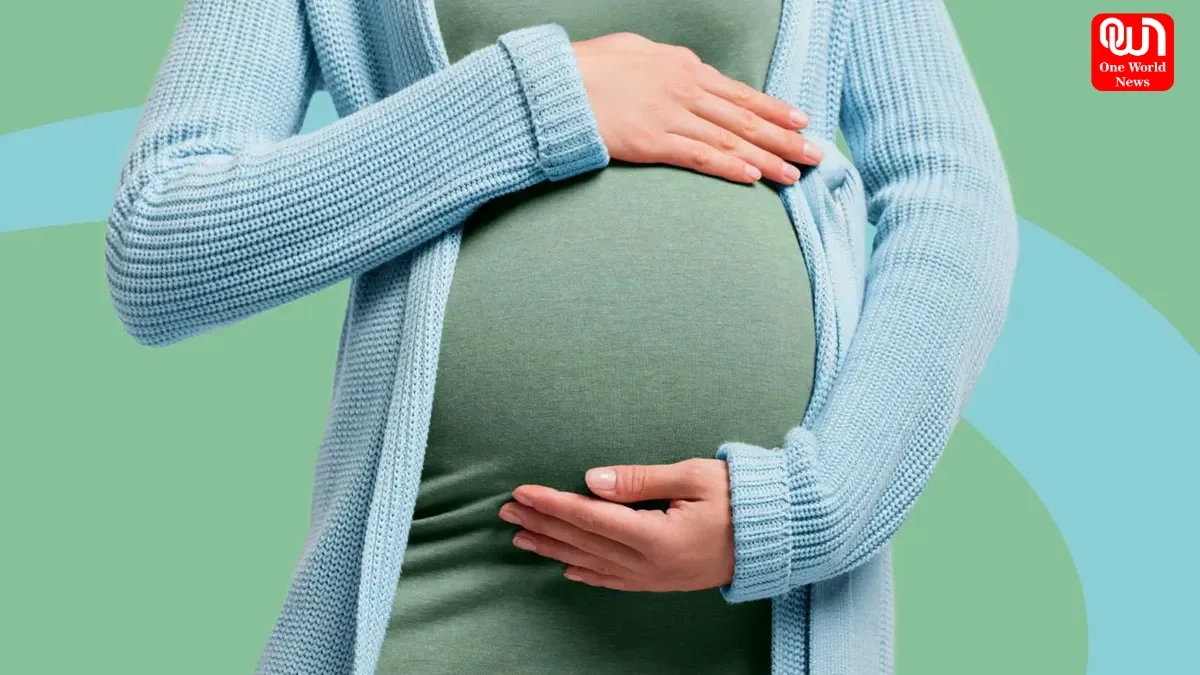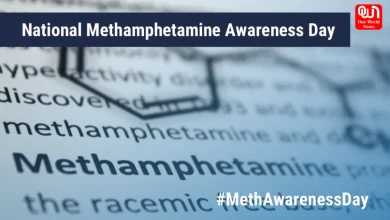Hepatitis C and Pregnancy: 3 Key Risks and 4 Important Facts Every Mom-to-Be Should Know
Learn about Hepatitis C and Pregnancy, including 3 risks and 4 essential facts every expecting mother should understand for a healthy journey.
Hepatitis C and Pregnancy: Understanding 3 Risks and 4 Important Facts for Moms-to-Be to Ensure a Healthy Pregnancy
Understanding Hepatitis C and Pregnancy
Hepatitis C is a viral infection that primarily affects the liver and can have serious implications if contracted during pregnancy. Moms-to-be need to be aware of the potential risks associated with Hepatitis C and Pregnancy, as well as the steps they can take to protect their health and their baby’s health. Understanding the nature of this virus and its effects on pregnancy is crucial for a safe maternal journey.
Risk 1: Transmission to the Baby
One of the most significant concerns for expecting mothers with Hepatitis C is the risk of transmitting the virus to their baby. Vertical transmission occurs when the virus passes from mother to child during pregnancy or delivery. Studies suggest that approximately 5-6% of babies born to Hepatitis C-positive mothers may contract the virus. The risk increases if the mother also has HIV, which can complicate pregnancy and newborn care. Understanding this risk is critical for monitoring and managing maternal and fetal health throughout pregnancy.
Risk 2: Complications During Pregnancy
Hepatitis C can increase the likelihood of certain pregnancy complications. Women with chronic Hepatitis C may be at higher risk for gestational diabetes, preterm labor, and low birth weight babies. These complications make prenatal care even more essential, with frequent check-ups, liver function tests, and consultations with a hepatologist or infectious disease specialist. Early detection and careful management of these complications can greatly improve outcomes for both mother and baby.
Risk 3: Liver Health Concerns
Pregnancy puts additional stress on a woman’s body, including the liver. For moms-to-be with Hepatitis C, liver health is a primary concern. Liver inflammation or damage may worsen during pregnancy, making it essential to monitor liver enzyme levels and overall liver function. Severe liver disease during pregnancy can lead to serious health issues for both mother and child, including bleeding disorders or liver failure in extreme cases. Maintaining a healthy lifestyle and following medical guidance is key to minimizing these risks.
read more: Diwali 2025: How To Keep Your Pets Safe From Noise This Festive Season
Fact 1: Testing and Diagnosis Are Essential
Early testing for Hepatitis C is a critical step for every expecting mother. Blood tests can identify the presence of the Hepatitis C virus, even if the mother shows no symptoms. Knowing your Hepatitis C status allows healthcare providers to create a tailored care plan for pregnancy, delivery, and postpartum care. Regular screening also ensures timely interventions that can reduce transmission risks and manage liver health effectively.
Fact 2: Treatment Options Before and After Pregnancy
While direct-acting antiviral medications are highly effective in treating Hepatitis C, most are not recommended during pregnancy due to safety concerns. However, treatment before pregnancy can eliminate the virus and significantly reduce risks for both mother and baby. After delivery, mothers who were untreated during pregnancy can safely undergo therapy to achieve a cure. Discussing treatment timing with a healthcare professional is crucial for optimal maternal and neonatal outcomes.
Fact 3: Delivery Method Considerations
Mode of delivery may be influenced by a mother’s Hepatitis C status. Although a C-section is not routinely recommended solely to prevent Hepatitis C transmission, certain situations may call for it, particularly if there are additional obstetric complications. Vaginal delivery remains safe for most Hepatitis C-positive mothers, but careful monitoring during labor and delivery is important to reduce the risk of viral transmission to the newborn.
Fact 4: Infant Monitoring Post-Birth
Babies born to Hepatitis C-positive mothers should be closely monitored for the virus. Testing typically begins at 18 months, as maternal antibodies can interfere with earlier results. Pediatricians may also perform early testing and follow-up blood tests to confirm the baby’s status. Early detection allows for prompt intervention and reduces long-term complications, ensuring that the newborn receives the best possible care.
read more: International Artist Day: Honoring Creativity and Global Artistry
Conclusion
Hepatitis C and Pregnancy require careful attention to both maternal and fetal health. By understanding the three key risks—viral transmission, pregnancy complications, and liver health concerns—and the four important facts—testing, treatment, delivery considerations, and infant monitoring—moms-to-be can make informed decisions and work closely with healthcare providers. With the right care plan, women with Hepatitis C can achieve a safe pregnancy and give their baby a healthy start in life.
We’re now on WhatsApp. Click to join.
Like this post?
Register at One World News to never miss out on videos, celeb interviews, and best reads.








